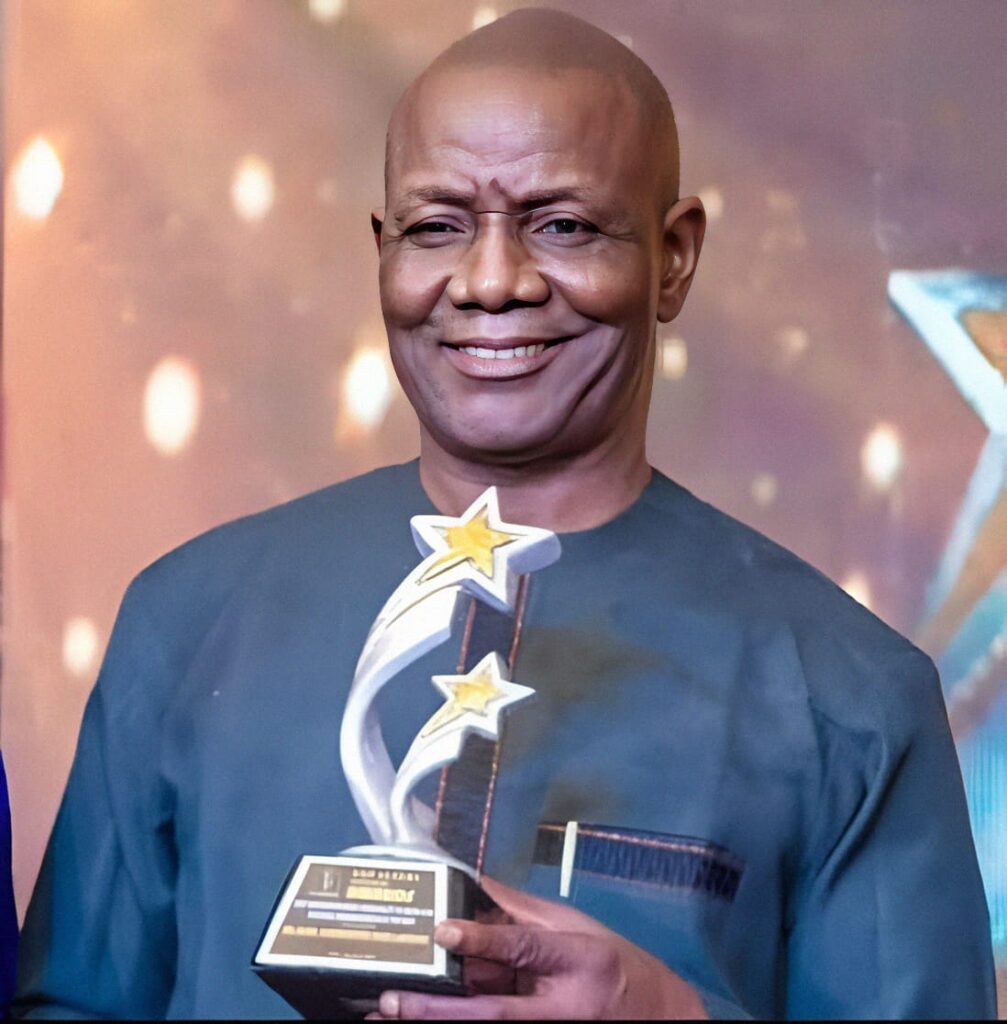By Chidiebere Onyemaizu
A renowned cybersecurity expert, Engr. Christian Ijeh, has lamented the persistent insecurity in Delta State, accusing the state government of playing politics with the situation.
In a press statement, he described the security situation in the state as parlous and faulted the Head of the Delta State Bureau of Communication, Barrister Fred Latimore’s position on the situation, accusing him of “circulating false, politically motivated, and misleading reports on Delta’s worsening insecurity.”
Ijeh, who is based in Poland, cautioned the Delta State government to stop playing politics with the security situation and spreading barefaced lies on such a sensitive and delicate issue as security just to deceive and mislead the citizens.
“In this digital age and time, when information, events, and persons can easily be accessed even if they are hidden in an ant’s hole, such nauseating lies as the one told by Barrister Latimore on Delta’s security situation have no hiding place.”
Despite residing abroad, Engr. Ijeh, an indigene of Agbor and a vocal commentator on Delta State affairs, said he has at his fingertips comprehensive and firsthand information about events in his home state. He explained that he had a conversation with Latimore recently on the security situation back home and frowned at his (Latimore’s) insistence, contrary to the true situation on the ground, that insecurity has “reduced drastically in the past four months,” attributing the earlier surge of violence to political sabotage allegedly engineered by the All Progressives Congress (APC), which was before now in the opposition in the state.
According to Ijeh, “Latimore had argued that following Governor Sheriff Oborevwori’s defection to the APC and realignment with the ruling party at the federal level, peace and stability had been restored across Delta communities. He also suggested that the wave of violent crimes earlier recorded in the state was largely a ploy by opposition actors to discredit the administration.”
However, Ijeh dismisses Latimore’s claims as propaganda that does not reflect the lived experiences of ordinary Delta residents, condemning the remarks as “insensitive to victims of violent crimes,” noting that it was an insult to the victims of insecurity for government officials to politicise security matters at the expense of citizens’ safety.
To buttress his position, Ijeh narrated a harrowing account of his brother’s ordeal in Warri, where armed men invaded his residence at night weeks ago. According to him, the attackers operated for several hours unchallenged, carting away large sums of money, valuable jewellery, and multiple mobile phones.
“Throughout the attack, my brother desperately called the local police station seeking urgent intervention, but shockingly, no help came. At one point, he even approached a nearby police post for assistance but was told to take the matter to the Divisional Police Headquarters in Warri. By the time the attackers left, his family had been left traumatised both financially and emotionally. That is the harsh reality residents of Delta live with today.”
Ijeh rued that armed robbery, kidnapping, and cult-related violence have continued to ravage Warri, Ughelli, Sapele, and many other parts of the state, even as government officials “remain more concerned with issuing glowing reports than addressing the crisis. This is the daily reality of many Deltans.”
His words: “While officials sit in air-conditioned offices in Asaba and declare that peace has returned, people are being attacked in their homes, robbed on highways, kidnapped on their way to work, and abandoned without protection. The people feel betrayed.”
He accused the Delta State Bureau of Communication under Latimore of peddling propaganda that could embolden criminal elements by masking the severity of insecurity. “I expected Latimore to be objective and honest in his role as a government spokesperson, but instead, he is busy advancing propaganda that insecurity is the handiwork of the opposition. Such a stance is irresponsible and deeply disappointing.”
Calling for urgent reforms, Ijeh urged Governor Oborevwori to prioritise collaboration with federal security agencies, invest in modern surveillance infrastructure, and rebuild public confidence in the police.
“Delta State needs a government that listens to the people, not one that deceives itself,” he said. “Until there is a functional and trusted security system, no amount of political storytelling will convince the victims otherwise.”
He further cited as evidence of insecurity in Delta State reports from civil society organisations, security stakeholders, and local communities, which, according to him, suggest that insecurity remains a major challenge in the state. Communities in Warri, Ughelli, and Sapele, Ijeh stressed, have consistently raised alarms over recurring incidents of kidnapping-for-ransom, highway robbery, and cult clashes, warning that linking such widespread criminality to political opposition is a dangerous distraction that undermines genuine solutions—solutions that must tackle unemployment, poverty, and systemic failings in the state’s security architecture.


